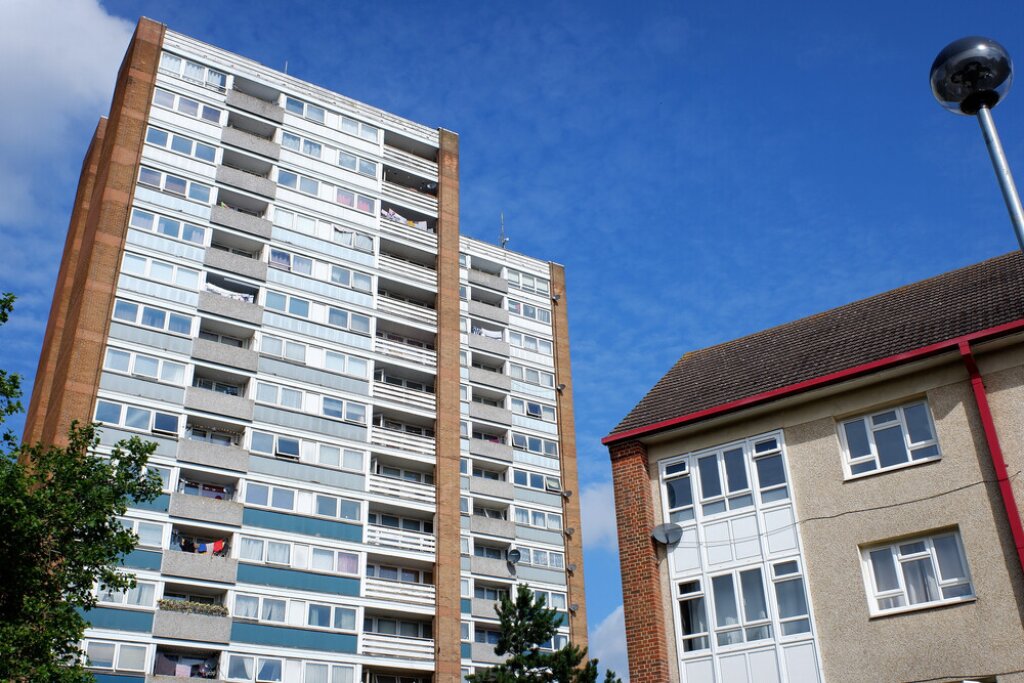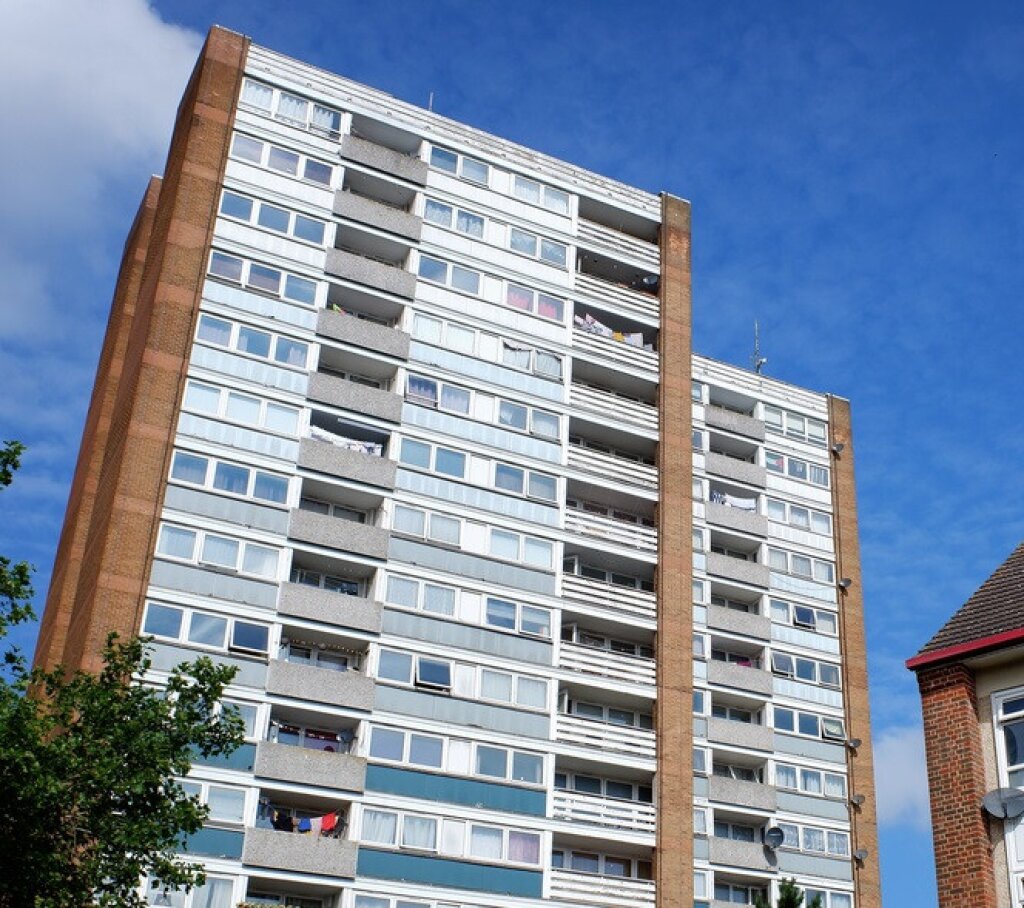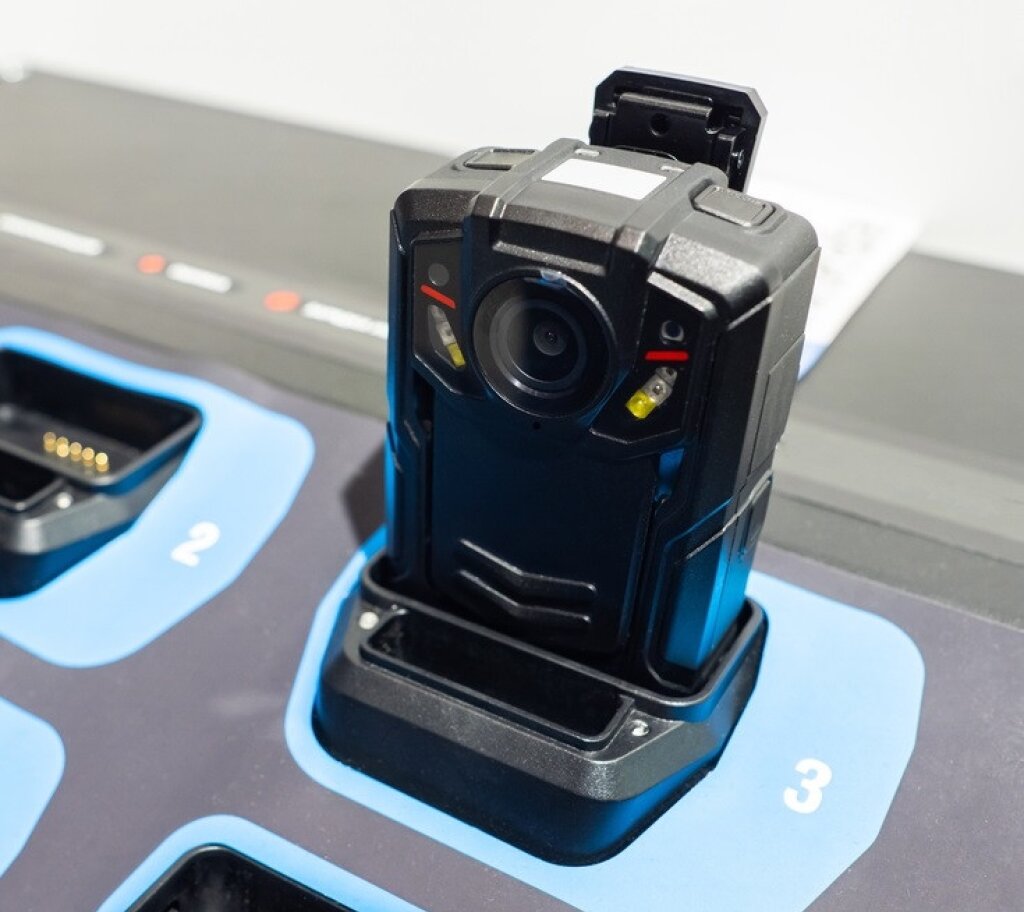Why Are Housing Associations Using CCTV in Public Areas?
Housing associations across the UK are increasingly installing CCTV cameras in public areas to boost security, stop anti-social behaviour and collect evidence when crimes happen. But while these cameras can help keep people safe, housing providers must balance security needs with the privacy of tenants and follow the law properly.
In this article, we explore the increase in the use of CCTV in housing estates, the implications for tenant privacy, and the measures required to ensure data protection and privacy compliance.

The Rise of CCTV for Housing Estates
CCTV has become a popular tool for housing associations trying to make shared spaces safer. Many estates face ongoing problems, such as vandalism, illegal dumping and drug activity. The cameras work both to put off potential troublemakers and to gather evidence that helps authorities take action when needed.
Balancing Security Benefits with Tenant Privacy Concerns
While keeping everyone safe is extremely important, tenants have a right to expect their privacy will be respected. Housing associations must be clear about how and why they're using CCTV to make sure they follow UK data protection laws. Talking with residents and listening to their worries can help build trust and reassure communities that cameras are being used responsibly.
Case Studies: How CCTV Has Improved Safety in Social Housing
Several housing associations have successfully used CCTV to cut down on crime and bad behaviour. In one case, a London housing association reported a 40% drop in reported incidents after putting cameras in communal areas.
Another estate in Manchester used CCTV footage to catch people who were repeatedly dumping rubbish illegally, which led to successful prosecutions and a cleaner environment for residents.
The Role of Video Redaction in Ensuring Privacy While Maintaining Security
To protect privacy, housing associations can use video redaction technology to blur faces and sensitive details before sharing footage with others. Redaction helps housing associations to follow privacy laws while still allowing security teams and police to use CCTV effectively.
What the Law Says About CCTV in Public Spaces
Understanding Domestic CCTV Law and GDPR Compliance
Housing associations must follow UK surveillance laws, including the Data Protection Act 2018 and the UK General Data Protection Regulation (GDPR), external. Key things to remember include:
Installing CCTV only where it's really needed
Under privacy compliance laws, CCTV operators must have justifiable reasons for operating CCTVTelling residents and visitors with clear signs
Transparency is another critical aspect of compliance. It must be clear that CCTV is in operation and the purposes of surveillance.Making sure only authorised staff can access footage
Access to video footage must be restricted to only authorised personnel.
Housing Association Responsibilities for CCTV Footage
To stay within the law, housing associations must keep CCTV footage secure. Their policies should clearly state:
Who can look at the footage
CCTV operators must have policies in place specifying under what condition authorised personnel can view video footage.How long footage is kept
Minimisation is a critical aspect of compliance, and CCTV operators must only store video footage for as long as it is required. The length time that video footage is stored must be made known to the public.How they prevent data breaches
CCTV operators must ensure that any data captured is protected. Protection measures include access control, encryption and video redaction.
Letting tenants know about their rights and why surveillance is happening is crucial. Also, redaction tools can help protect personal data when footage needs to be shared outside the organisation.
What Happens if CCTV Is Used in a Way That Breaches the Law?
If you don't follow data protection laws, you could face significant fines and damage to your reputation. Real cases have shown how using CCTV incorrectly can lead to legal problems. To avoid these risks, housing associations should:
Regularly check their CCTV policies
Periodic policy reviews are essential to ensure that stipulations are accurate and up to date with current legislation.Train staff on data protection rules
Human error is a major contributing factor in data breaches, and regular training is essential to ensure that staff understand data protection procedures as well as their roles and responsibilities.Use automated redaction tools to protect personal information
Automation minimises human error and redaction ensures that third-party data is protected against unwitting data breaches.
Video Redaction: Protecting Tenant Privacy with CCTV
How to Edit and Redact CCTV Footage for Privacy Protection
AI-powered video redaction tools can help housing associations hide faces and sensitive information before sharing footage. Important steps include:
Identifying and blurring people not related to an investigation
During an investigation, or when fulfilling a subject access request, housing associations must redact all but the subject of interest.Checking everything complies with the law before releasing video footage
When sharing video footage with third-parties, all personally identifiable information associated with anyone other than the subject of interest must be redacted, which includes faces, vehicle licence plates and any distinguishing characteristics.Learning from successful examples of good practice
Embedding best practices in CCTV operating process minimises human error and prevents accidental data breaches.
Finding the Right Balance with Public Space Surveillance
The Ethical Debate: Security vs Privacy Rights
Putting cameras in public spaces raises important questions about privacy. Housing associations need to find a balance by being open with residents and thinking about other security measures, such as better lighting and community policing.
How Housing Associations Can Be Transparent with Residents
Giving clear information about CCTV policies, holding community meetings and allowing residents to raise concerns can help build trust. Housing associations should also explain how they protect privacy through video redaction.
Alternatives to CCTV: Other Ways to Improve Security
Besides CCTV, housing associations can make areas safer through:
Improved lighting in shared areas
More security patrols
Community engagement programmes
How Video Redaction Technology Helps Maintain Trust While Ensuring Safety
By using video redaction, housing associations show they're committed to privacy while making sure CCTV remains a valuable security tool. This approach builds trust and stops unnecessary exposure of personal data.
What Action Should Housing Associations Take Regarding Tenants' CCTV?
Reviewing CCTV and Adaptations Policies
Housing associations should have clear rules about tenants using their own CCTV, especially when cameras point at shared spaces.
Communicating CCTV Guidance with Tenants
Clear guidelines help tenants understand what's allowed and how their privacy is protected.
Handling Complaints and Subject Access Requests (SARs)
Residents have the right to ask for CCTV footage that shows them. Housing associations must handle SARs properly and redact footage where necessary.
Managing ASB Cases with CCTV Footage
CCTV can be a powerful tool in dealing with anti-social behaviour cases, as long as footage is used legally and ethically. Redacting sensitive information before sharing evidence is essential to protect people's privacy.
Implementing CCTV the Right Way
Housing associations must navigate legal, ethical and practical issues when installing CCTV. By being transparent, following GDPR guidelines and using video redaction tools, they can improve security while still respecting tenant privacy.
Key Takeaways:
CCTV can make areas safer but must be used responsibly
Housing associations must comply with GDPR and the Data Protection Act 2018
Video redaction tools help balance security and privacy
Clear policies and good communication with residents are essential
Facit Video Redaction Solutions
Facit’s identity Cloak is an AI-driven, fast and reliable video redaction solution that helps organisations to fulfil their compliance obligations cost-effectively.
For expert advice on secure and legal CCTV solutions, contact Facit today.



